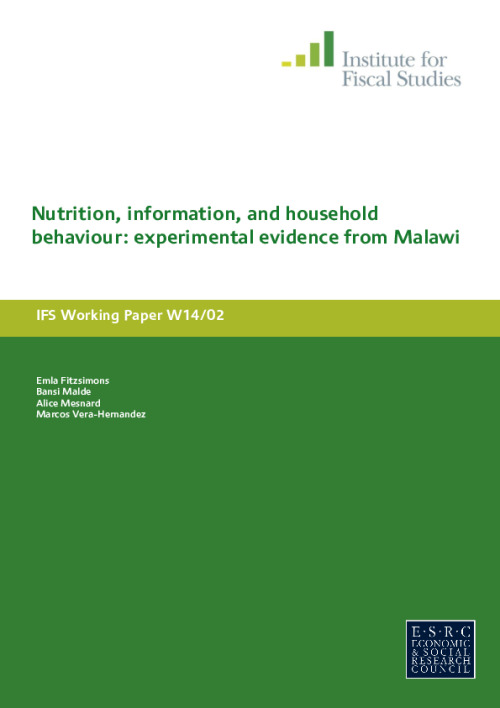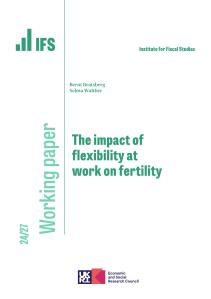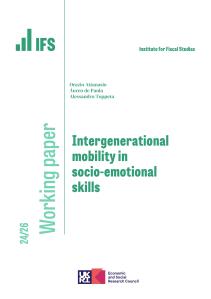Incorrect knowledge of the health production function may lead to inefficient household choices, and thereby to the production of suboptimal levels of health. This paper studies the effects of a randomised intervention in rural Malawi which, over a six-month period, provided mothers of young infants with information on child nutrition without supplying any monetary or in-kind resources. A simple model first investigates theoretically how nutrition and other household choices including labour supply may change in response to the improved nutrition knowledge observed in the intervention areas. We then show empirically that, in line with this model, the intervention improved child nutrition, household consumption and consequently health. These increases are funded by an increase in male labor supply. We consider and rule out alternative explanations behind these findings. This paper is the first to establish that non-health choices, particularly parental labor supply, are affected by parents’ knowledge of the child health production function.













